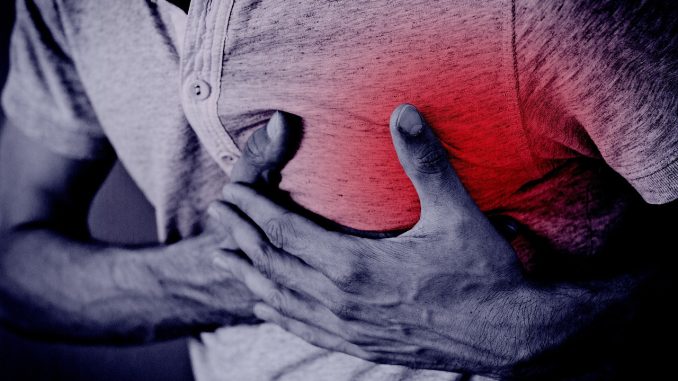
What exactly is a heart attack?
When does it happen?
Three major arteries provide the majority of the support for the heart muscles.
The fundamental purpose of these arteries is to give nutrients and oxygen to the heart through blood flow.
A heart attack occurs when one or more of these arteries narrows or becomes clogged.
When waste is discharged into the drainage system outside of the prescribed location, for example, a small amount of waste is not visible.
However, when these wastes are tossed carelessly on a daily basis, they become more visible.
Why are the heart’s vessels narrowed??? Fat droplets are prevalent in obese people’s blood and are eventually deposited in blood arteries.
Long-term inflammation of the arteries occurs in hypertensive people. Inflammation of the same nature happens in smokers. Fat droplets traumatize the veins throughout the body, including the heart, in addition to the inflammation. As a result of this process, blood cells accumulated in the body.
The arteries of the heart get blocked after a period of time, following the same procedure as the blockage of the drainage system discussed above. This results in a heart attack.
How will you feel if you have a heart attack?(OR) How can you know if you’re having a heart attack???
Even if the symptoms are not yet apparent in the early stages of blood vessel constriction, some strenuous activities may trigger them.
Sudden onset of severe burning or constricting pain in the left anterior chest wall that is difficult to localize definitively Tightness of chest Not only the left sided chest pain, but also the jaw, the tip of the left shoulder, and the inner portion of the left arm can suffer pain U feel easily fatigable when you work more than your routine physical activities Finally, you can faint due to complete blockage of the blood vessels.
Finally, due to a total blockage of the blood arteries, you may experience a fainting attack, which could result in death. When you lie down, these symptoms subside.
Because of the severity of the sickness, those symptoms may not go away after a long amount of time, even if you relax.
If you are experiencing these symptoms on a regular basis, even while you are resting, you should seek immediate medical attention. Without chest pain, a heart attack occurs.Patients with diabetes who are elderly and anemic may experience this.
Prevention
You can keep a heart attack at bay if you take certain precautions. -If you smoke, you should quit; -If you have hypertension, you should keep it under control with systematic medications; -If you have diabetes, your diabetes must be well controlled; -If you are obese, you should lose weight; -If you have diabetes, you must keep your diabetes under control; -If you have diabetes, you must keep your diabetes under control; -If you have diabetes, you must keep your diabetes under control; -If you have diabetes, you must keep your diabetes under control